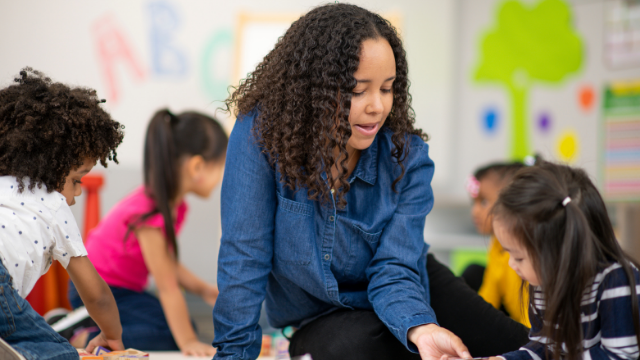 Educators are being encouraged to practice self-care more than ever before. This is not the solution to the many challenges and systems issues facing educators. However, it is helpful to practice those things that we can control, and that can improve our own mental and physical well-being. One of those things is to practice kindness towards others.
Educators are being encouraged to practice self-care more than ever before. This is not the solution to the many challenges and systems issues facing educators. However, it is helpful to practice those things that we can control, and that can improve our own mental and physical well-being. One of those things is to practice kindness towards others.
If you haven’t had the opportunity to look at the research on acts of kindness, it is very interesting! Acts of generosity, caring, and being helpful to others have been shown to have more benefits to an individual than traditional self-care practices. This is a great lesson to share with kids.
This month is World Kindness Day 2021 which many educators celebrate in school. Here are other ways to add kindness to your own practice and classroom:
For your own practice and learning:
- Start small: Try 3-5 acts of kindness a week, and start by asking “Who around me could use a little kindness?” You could carry groceries, open and hold a door, or send a quick appreciative note.
- Get Inspired: Watch the TED talk of a South African woman who completed 38 acts of kindness to celebrate her 38th birthday.
- Learn more about the benefits to your health: Listen to this podcast from University Hospitals.
For your classroom:
- Teach the skills of kindness: Being actively kind has profound positive impacts for kids. An article in Psychology Today reports that kids who are motivated in life to help others are three times happier than those who are not. Generosity reduces teenage suicide risk, pregnancy risk, risk of school failure and substance abuse. Teens who practice kindness are more socially competent and have higher self-esteem.
Resources for teaching kindness: - Random Acts of Kindness Foundation offers lesson plans and resources.
- 5 simple ways to encourage kindness from Edutopia.
- Books supply a springboard for important conversations.
